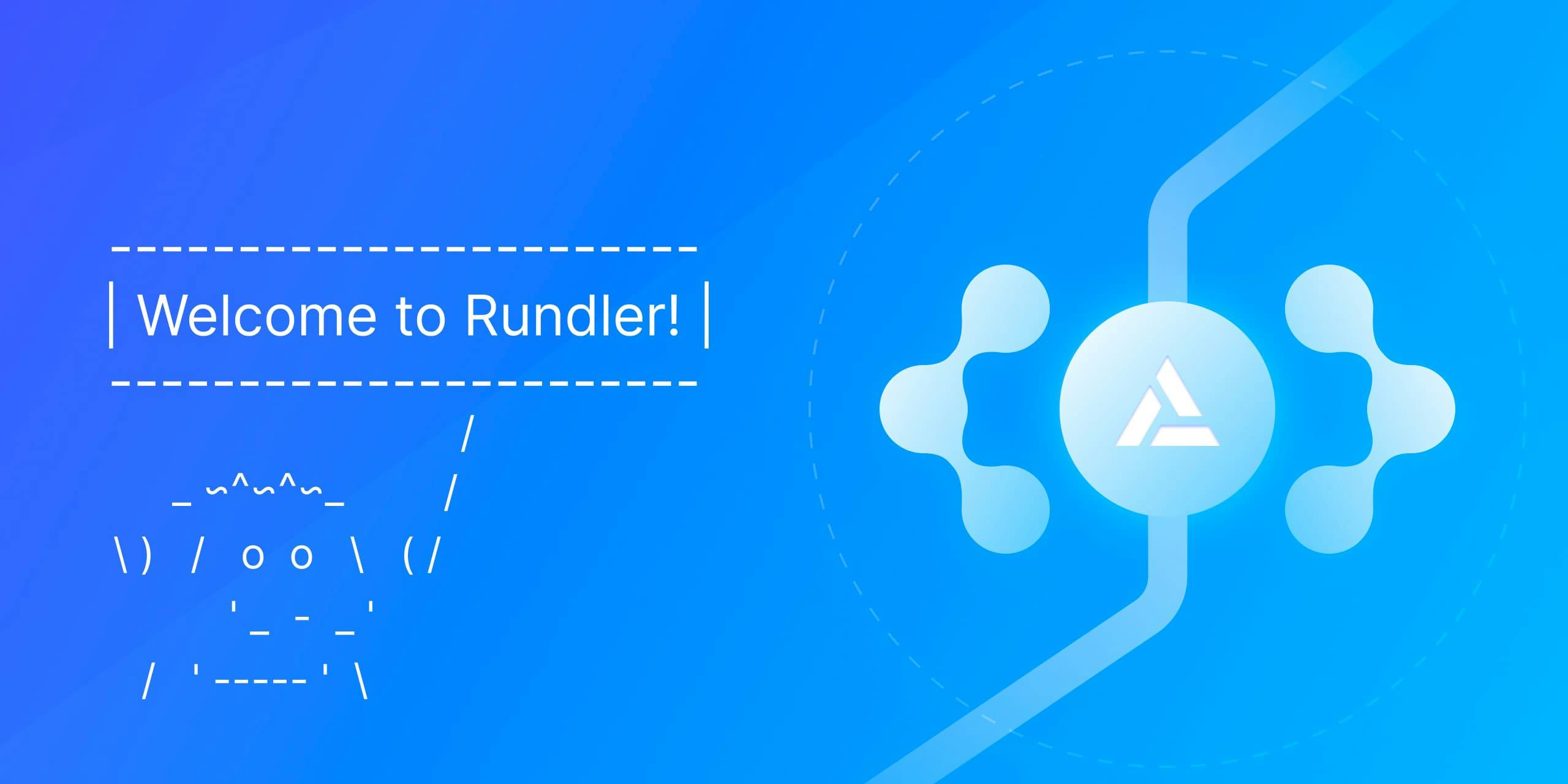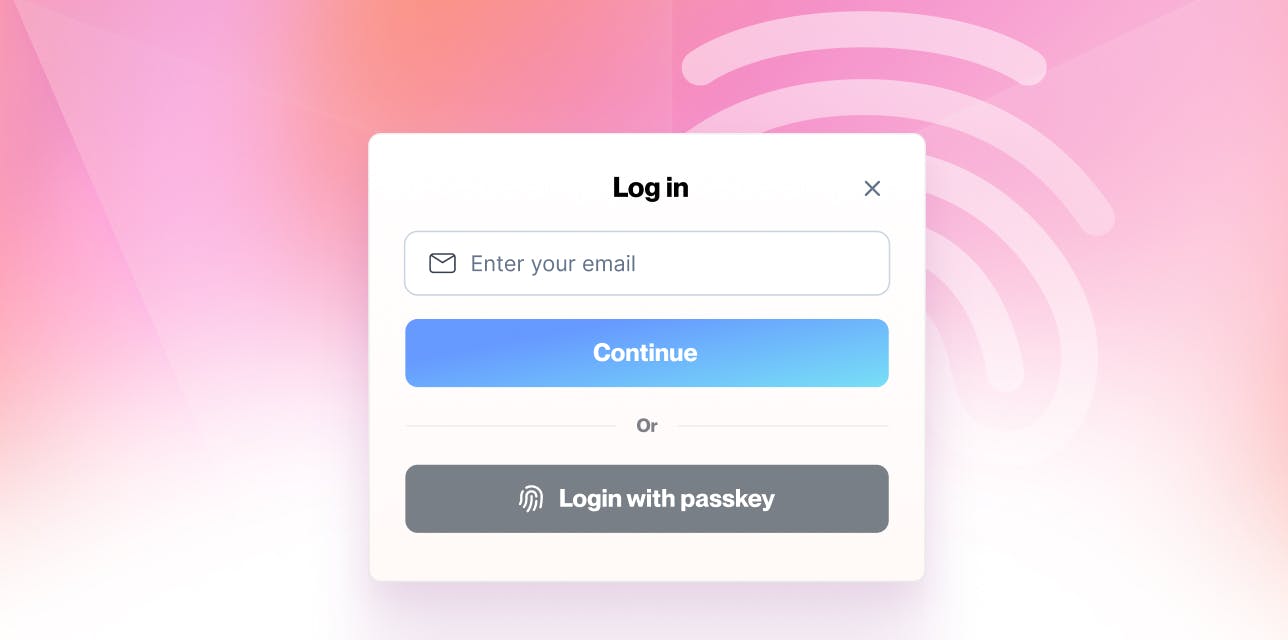
The most reliable
ERC-4337 bundler
Simulate and land transactions onchain, reliably at scale.

Trusted by the best

Powering the biggest
AA applications
Programmable wallets
Alchemy's scalable bundler infrastructure enabled us to launch Programmable Wallets for our developers to build applications that serve end-users at scale.
Alokik Bhasin
Lead Product ManagerStartin minutes
Alchemy’s suite of SDKs across account abstraction, subgraphs and gas sponsorship has been pivotal in ensuring that Friendzone was able to launch in such a short amount of time. Their support and team is truly comprised of world-class innovators.
Andy
Co-founder7M+active players
By integrating the Alchemy service into the Wormfare Ecosystem we have managed to greatly lower the entry threshold for new users, and, as a result, attract a significant amount of Web2 audience to our project.
Illia Zozulia
CEO, Co-FounderProgrammable wallets
Alchemy's scalable bundler infrastructure enabled us to launch Programmable Wallets for our developers to build applications that serve end-users at scale.
Alokik Bhasin
Lead Product ManagerStartin minutes
Alchemy’s suite of SDKs across account abstraction, subgraphs and gas sponsorship has been pivotal in ensuring that Friendzone was able to launch in such a short amount of time. Their support and team is truly comprised of world-class innovators.
Andy
Co-founder7M+active players
By integrating the Alchemy service into the Wormfare Ecosystem we have managed to greatly lower the entry threshold for new users, and, as a result, attract a significant amount of Web2 audience to our project.
Illia Zozulia
CEO, Co-Founder190k+users onboarded
"Alchemy's AA infra has played a crucial role in powering CyberAccount, contributing to our ability to serve 100,00+ users in real time."
Ryan Li
Co-founderThe most powerful bundler
We provide the most accurate gas and fee estimates to minimize cost for you and your users.
Execute multiple actions with one click, such as approve & swap or buy multiple NFTs in one atomic transaction.
Lookup any historical userOp since genesis on major chains.
Build real-time notifications when userOps land onchain with Webhooks API.
Debug failed userOps directly in the Dashboard.
MEV protection for networks with reliable private transaction infrastructure.
Land userOps at scale
Built in Rust for massive scale and reliable performance. Open-source codebase.

All your favorite chains

Start sending userOps in minutes
Your complete
Account Abstraction stack
Enable zero-friction web2 onboarding with Embedded Accounts, and power your ERC-4337 app with enterprise-grade Smart Contracts accounts, and sponsor gas with Gas Manager.

Plug-n-play embedded wallets
Make wallets invisible. Simple, non-custodial accounts to onboard users and transact with web2 UX.
Code preview
// 1. Auth Your User
const signer = new AlchemySigner({
client: {
connection: { rpcUrl },
iframeConfig: { iframeContainerId: "alchemy-signer-iframe-container" },
},
})
signer.authenticate({ type: "email", email: "[email protected]", bundle });
// 2. Create an Account
const account = await createMultiOwnerModularAccount({
transport,
chain,
signer,
});
// 3. Use web3!
account.signMessage({ message: "Hello, World!" });
Sponsor gas, boost transactions
Get users to your magic moment faster by removing the biggest barrier with gas sponsorship.
Code preview
import { smartAccountClient } from "./smartAccountClient.ts";
// Send a sponsored UO from your smart account like this:
const { hash } = await smartAccountClient.sendUserOperation({
target: "0xTargetAddress",
data: "0xCallData",
value: 0n, // value in bigint or leave undefined
});Affordable
Smart Wallets
Best-in-class smart wallets bundled into the complete developer platform.
Web3’s most powerful free tier.
The VIP service. Dedicated support engineers, SLAs, custom throughput, volume discounts, and more...